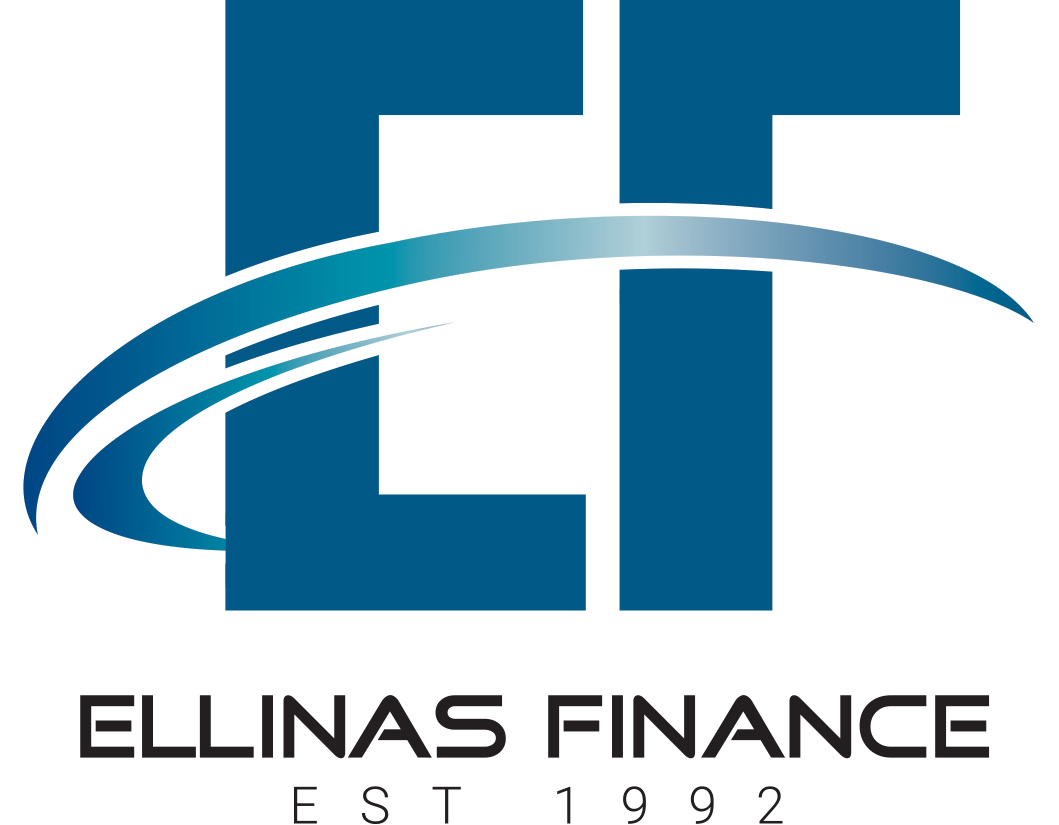
Property development, a growing renewable energy sector, strong and dynamic tourist attraction, Cyprus is gradually becoming an FDI (foreign direct investment) hotspot with investors from Russia, China, and the U.A.E.
Cyprus has experienced and struggled with difficult a financial crisis, but it’s perseverance is one factor which has attracted FDI. After the crisis in 2013, the community rejuvenated it’s major banks.
Bond issues reaching over €3 billion in international markets, and an increase in international credit rating has proven to foreign investors that the emerging markets in Cyprus are promising and plentiful.
To capitalise on foreign investor interest, Cyprus is speeding up it’s licensing procedures, opened the “Golden Visa” programme, promoting property development projects, and introducing tax incentives. These are all significant in establishing trust and good business conduct between locals, businesses, and foreign investors.
The development of two marinas, one in Limassol and one in Ayia Napa, has attracted a lot of positive attention. The construction of the Ayia Napa marina drew in investments of up to €220 million, with twin skyscrapers and can harbour up to 600 vessels.
Also, the Famagusta district has attracted Chinese foreign direct investment in Ayia Thekla for the construction of a five-star luxury resort and exclusive beachfront residences. The investment of €50 million will be devoted to the Sun City Spa and Residences, a Chinese backed resort brand.
In the renewable energy sector, Cyprus has drawn in US-led renewable energy company, Noble Energy. After discovering large amounts of natural gas in the Mediterranean Sea within the proximity of Cyprus, many companies and surrounding countries have approached Cyprus.
With the rise of electric cars, the value of natural gas is increasing exponentially. Therefore there is a high demand for the natural gas discovered near Cyprus, placing the Cypriot state and companies in a position of power where they have the opportunity to expand the horizons of private equity and the general revenue of the island.
The value of education is also developing in Cyprus, attracting many foreign students interested in attending the new academic programmes. New courses have been established such as a graduate degree in Blockchain technology and cryptocurrencies and the first degree in medicine in collaboration with St. George’s Medical School in London and the University of Nicosia.
These changes and developments are necessary in the positive and constructive growth of Cyprus in a world that never stops evolving. With greater diversity, a broader grasp on academic knowledge, and the development of districts, will all benefit Cyprus in the long run, as long as locals and local businesses define what it is that they want, and constantly pursue fair conduct and good governance.

